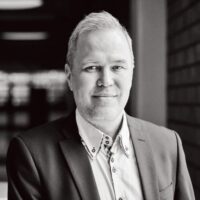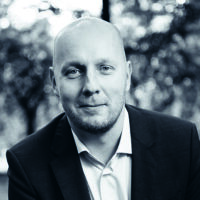One thousand new doctors – is there cause for concern?
The legislation to increase government funding for research and development work in the 2024–2030 period increases public RDI funding by roughly 280 million euros in 2024.
Text tero karjalainen image tieteentekijät english translation marko saajanaho
A significant portion of this addition is allocated to the so-called doctoral training pilot, intended to increase the number of doctoral researchers and therefore doctoral degrees by a thousand in the span of about four years. Is there cause for concern here?
While finding a thousand new, motivated doctoral researchers to fill these new openings is not a foregone conclusion – and neither is providing them with adequate guidance – we should not be (too) worried. The allocation itself is very much justified.
Finland’s international success is still based on a high level of competence. Increasing human capital is reasonable for the sake of Finland’s competitiveness. Only about 8 percent of the RDI work years in the Finnish business sector consisted of doctoral graduates, so there is plenty of room for growth there.
The challenges of the modern day and the future are increasingly complex, requiring horizontal and systematic approaches. Doctoral research undergoing their researcher training learn not only deep core competencies but also many necessary generic skills important for identifying and understanding complex challenges and finding solutions. Analytical and critical thinking, problem-solving skills, multidisciplinary and independent working skills – to name but a few examples.
There is some concern whether enough of these doctoral researcher openings are allocated to humanities and social sciences. However, it is correct and in line with FUURT’s goals to allocate additional resources specifically to new employment relationships for doctoral researchers. And if as many of these new doctoral researchers as possible got to make new disruptive research discoveries as part of multidisciplinary research communities, that would be better than winning the lottery for Finnish science.


